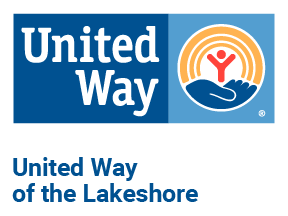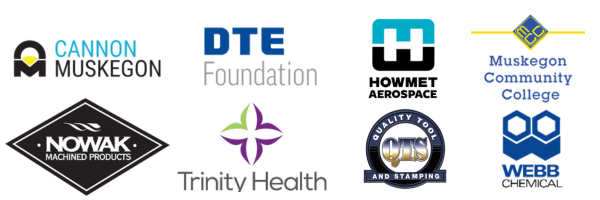7 Reasons The Lakeshore Community Should Use 211
United Way of the Lakeshore helps thousands of people each year through 211
In a crisis, in a disaster, in a pandemic, 211 is here to help every person in our community find food, pay bills, and connect to other essential services.
211 is the Lakeshore's lifeline for help.
In a crisis, in a disaster, in a pandemic, 211 is here to help every person in our community find food, pay bills, and connect to other essential services. Our 211 is part of a national network, United to help as many people as possible.
In fact, 211 is a critical part of United Way of the Lakeshore’s fight for the health, education, and financial stability of every person in every community.
Here’s why you should use this vital service—and let others know about it, too.
1. 211 provides connections to many kinds of resources and services, including:
Crisis and emergency counseling for mental health concerns, domestic violence, sexual assault, and human trafficking
- Disaster assistance
- Food
- Financial assistance, literacy, and coaching
- Health care and insurance assistance
- Stable housing and utilities payment assistance
- Unemployment services
- Veteran services
- Child care and family services
2. Our 211 specialists are amazing listeners! 211 does more than “patch people through” to agencies. Instead, every call is answered by a real person, a caring expert who offers comfort, hope, and solutions - from the first hello to the final connection to help.
Just see what one 211 team member had to say:
"Maxine started calling 211 about 14 years ago. When she first used the call service she had been in her 50s and had not yet been diagnosed with cancer. Now she is 70, and a cancer survivor! In the last 14 years, Maxine has called 211 seventy-six different times. She has called for everyone in her family that was in need. She has called for food pantries, transportation, medical expenses, chemo support groups, furniture, and more. Call history of 76 times to the 211 hotlines certainly shows how living on a low fixed income can have a lot of gaps. It also shows how much she trusted 211 and its staff. She shared her struggles for her and her loved ones. She would call to share good news too. When she completed chemotherapy and was declared cancer-free, she called 211 to let them know. The 211 impact team had such a positive impact on Maxine, that last year Maxine met Sara, the 211 Resource Manager, for the first time at a conference. Maxine said she only came to the conference so she could finally meet Sara, give her a hug, and thank her for 211’s support over the last 14 years. As an agency, 211 is very serious and deliberate about the information and referral profession. It is critical to assess a caller’s needs, screen for services they may be eligible for, and help connect them to help. What is more important to the residents that 211 serves, is the folks on the other end of the phone call, text or chat, is that they listen, they ask questions, and they care."
3. 211 is simple and convenient to use. The service is free, confidential, and accessible 24/7/365. It’s also available in more than 180 languages.
4. There’s more than one way to use 211. You can dial 2-1-1 on your phone and speak to a trained 211 specialist. Or you can browse local resources on 211.org. The service is also available by text, web chat, and email.
You can contact your local 211 by dialing 211 or chatting at https://www.call-211.org/
5. 211 tackles problems at the roots. In fact, 211 specialists are trained to identify and address the underlying root causes of a client’s problem – and connect them with a wide range of available resources that meet all the underlying needs, not just the one that prompted the call, text, or email.
6. 211 helps 18,000 people in Muskegon, Newaygo, and Oceana Counties each year, many of them just like you.
During the COVID-19 pandemic in 2020, calls to our local 211 averaged 54 help calls per day. 211 is available to help anyone, no matter their situation, their income level, or their gender, age, race, religion, or sexual orientation.
7. 211 responds to new needs with innovative services.
The COVID-19 pandemic brought the need to change the way many services operated – including community resources that provide food and other essential supplies. In the middle of the pandemic, United Way and Door Dash launched the Ride United Last Mile Delivery Program to help people get access to the food and household supplies they needed. The program enables delivery services from local food banks, food pantries, and other distribution points to older adults, low-income families, and those who can't leave home, providing meals to those in need. Earlier this year, the program won a 2021 Big Innovation Award from the Business Intelligence Group.
Learn more and get help by visiting 211.org. And share this information with as many people as possible, so everyone knows where to turn for help!

